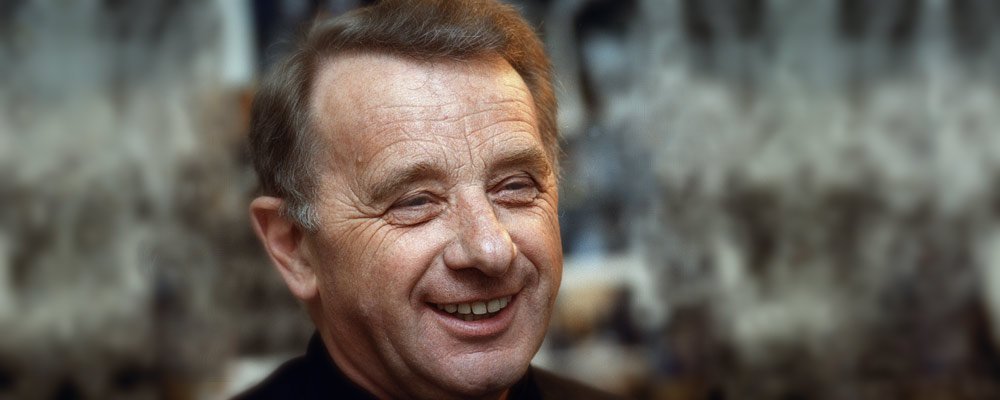Fields of Hope are a tangible testimony of our work. They are located in Kraków: at the Bulwary Inflanckie by the Vistula close to the Pauline Fathers Monastery and in front of the Fine Arts Association building in Szczepański Square.
Now, in 21st century we would like to come back to the medieval roots of hospices which were once built by 11th centuries orders in the name of service to the sick and the needy.
In our service we are guided by the words of our patron priest Joseph Tischner: ”Love understands us”.
Field of Hope in front of the Fine Arts Association building in Krakow
The idea of hospice care is connected with the social phenomenon of experiencing death and the process of dying. For centuries dying among the family and the nearest relatives was normal, it was a vital element of life. Cemeteries were located close to churches in the city centre and the awareness and presence of death was common. It was also linked with the extended family model where people grew up amongst the older generation and shared both joyful and sad moments. Due to the changing economic and social situation this family model became less popular in modern western societies. As a consequence, the fear of death and escaping death appeared. It was also strengthened by the fact that cemeteries were moved to the outskirts of cities and death rituals were institutionalised. With the advancement in medicine people became more inclined to give their closest relatives over to medical care. And because doctors regard death as their personal failure they try to save the patient at all costs. It also happens when the patient realizes that death is approaching. So called forceful treatment is particularly used to treat incurably sick children.
In this hard time for them the doctors simultaneously separate the sick from their closest relatives. Contemporary medicine copes well with the palliation of acute pain and associated ailments accompanying the last stages of cancer. However, it cannot cope with the patient's sense of loneliness or sadness and the need to foster the relations with the closest relatives. Very often this causes the greatest suffering for the patient. Hospice care, also referred to as palliative care (from Latin ”palium” - a coat) stands for active and versatile care for the people suffering from progressive and persistent diseases with a less favourable outcome. Contemporary hospice care does not stem from the shortcomings of medicine or health care system but it cooperates with them and takes advantage of their achievements. Its main task is not to accelerate or delay a patient's death. It is aimed at helping terminally ill individuals live out their remaining days in dignity and comfort.





